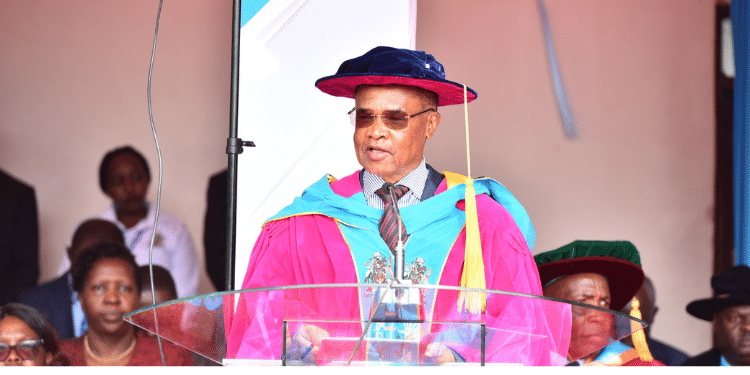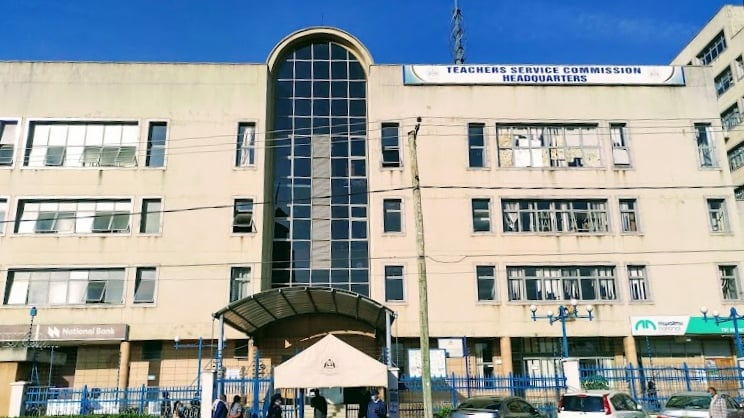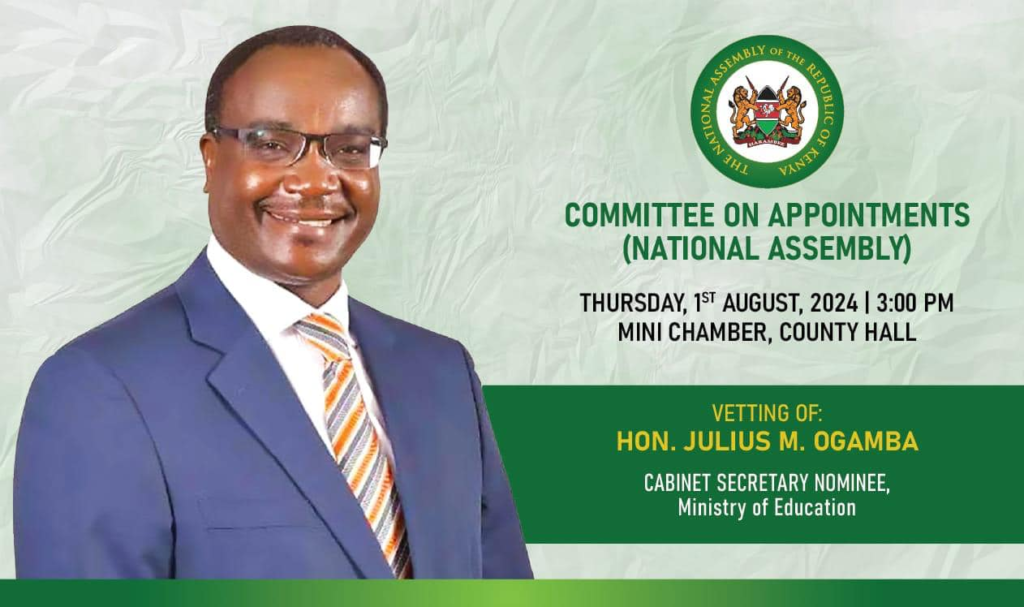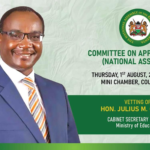Now Reading: Amukowa Anangwe: A Transformative Scholar, and Politician in Kenya.
-
01
Amukowa Anangwe: A Transformative Scholar, and Politician in Kenya.
Amukowa Anangwe: A Transformative Scholar, and Politician in Kenya.

Amukowa Anangwe: When discussing Kenya’s intellectual and political landscape, few figures embody the holistic convergence of scholarship, governance, and education quite like Professor Amukowa Anangwe.
His career spans decades, leaving an indelible mark as a university educator, reformist government minister, and as the distinguished Chair of the University of Nairobi Council.
Throughout his roles, Prof. Anangwe’s work and dynamism have shaped policy, advanced academic excellence, and stirred spirited national dialogue around governance and integrity.
Early Life and Academic Foundations
Amukowa Anangwe was born in Kenya, charting his educational course in local and internationally renowned institutions.
After earning a Bachelor’s Degree in Political Science from the University of Nairobi, he furthered his expertise at the International Institute of Social Studies (ISS) of Erasmus Rotterdam, clinching a Master of Arts in Public Analysis.
Integrating theoretical rigor and policy acumen, this multidisciplinary training propelled him towards doctoral studies.
By 1990, Anangwe had secured a PhD in Political Science and Governance from the University of Manchester, UK.
His research focused on African politics, governance systems, and the administrative intricacies that define public institutions across the continent.
Advancing Academia: Educator, Mentor, Visionary
Prof. Anangwe’s scholarly journey started at the University of Nairobi, where he served as a lecturer in political science.
His reputation as a dedicated teacher was further enhanced by his profound ability to connect theoretical concepts to pressing societal issues, earning respect among students and colleagues.
Beyond Kenya’s borders, his academic impact reached Tanzania, where he became a Professor of Political Science at the University of Dodoma from December 2008 to April 2023.
Here, Anangwe nurtured a generation of East African social scientists, fostering cross-border intellectual exchange and emphasizing governance reforms that resonate throughout the region.
The Political Surge: Representing Butere and National Reform
Prof. Anangwe’s transition from academia to politics was catalyzed by an unyielding commitment to translate theory into action.
His first attempt at an elective seat in 1992 was unsuccessful, but his resilience shone through. In 1997, he was elected Member of Parliament for Butere, defeating the celebrated politician Martin Shikuku.
Serving as MP from 1997 to 2002, Anangwe demonstrated his capacity to bridge community needs and administrative policymaking.
Ministerial Roles and Impact
His parliamentary service led to appointments as Minister for Co-operative Development and later Minister for Medical Services within President Moi’s government.
Notably, as Minister for Medical Services, Anangwe spearheaded a task force to address prohibitive medicine prices.
This policy intervention dramatically improved access to essential drugs for Kenyan families, reflecting his advocacy for health equity and governmental transparency.
Navigating Governance: Leadership Amid Controversy
After stepping down from active politics, Prof. Anangwe’s journey in public administration found new vigor in university governance.
In May 2023, he was appointed Chair of the University of Nairobi Council, swiftly taking on transformative challenges facing the institution.
His tenure witnessed high-stakes decisions, most notably the council’s suspension—later termination—of Vice-Chancellor Prof. Stephen Kiama in October 2024.
Though the council’s rationale was not publicly disclosed, the move captured national headlines and underscored Anangwe’s firm, sometimes controversial, approach to leadership.
Leadership Crisis and Vindication
The challenges did not stop there. In early 2025, Anangwe faced allegations of abuse of office regarding the appointment of Daniel Brian Ouma Okeyo as Acting Chief Operations Officer.
This culminated in his dramatic arrest by the Ethics and Anti-Corruption Commission (EACC) at Kisumu International Airport, highlighting the complexities and pressures that university governance can attract in Kenya’s shifting political climate.
Throughout the subsequent legal battle, Anangwe was released on bail and steadfastly contested the charges.
By July 2025, courts cleared him of all accusations, confirming that they were “trumped-up charges” pressed by officials keen to reshape council leadership.
This vindication reinforced his resilience and his enduring credibility as a leader committed to the rule of law and institutional autonomy.
Transformative Vision for the University of Nairobi
Prof. Amukowa Anangwe’s vision as Council Chair extends beyond crisis management. He articulates a commitment to transforming the University of Nairobi into a world-class institution.
Under his leadership, the university has prioritized staff performance, research innovation, and international partnerships, while strengthening its role as a beacon of academic excellence across Africa.
Despite the turbulence, his push for substantive reforms and transparent governance have won support among university stakeholders, echoing his earlier tenure as a change agent in public service.
Professional Recognitions and Contributions
Over the years, Amukowa Anangwe has accumulated various professional awards, certificates, and has collaborated with international NGOs and think tanks.
His expertise in political science, governance, and institutional management has made him one of the most sought-after scholars for conference presentations, advisory roles, and policy analysis projects impacting African higher education.
Summary of Achievements and Lessons
Prof. Amukowa Anangwe’s career is distinguished by:
- Academic excellence as a lecturer and professor across Kenya and Tanzania
- Influential tenure as a Member of Parliament for Butere (1997-2002)
- Impactful reforms as Minister for Medical Services, enhancing access to affordable healthcare
- Resolute governance as Chair of University of Nairobi Council during institutional crises
- Successful legal vindication underscoring his integrity in the face of adversity
- A visionary approach to transforming Kenyan higher education for future generations
The Enduring Legacy of Amukowa Anangwe
In Kenya’s rapidly evolving educational and political spheres, Prof. Anangwe’s legacy is defined by deep intellectual rigor, reformist zeal, and steadfast leadership.
His journey—from local classrooms to the corridors of power, and ultimately to the helm of the nation’s top university—serves as an inspirational model for scholars and policymakers alike.
Yet, as he continues to chart the course forward for the University of Nairobi and the broader academic community, Amukowa Anangwe remains a beacon of ambition, resilience, and progressive change in Kenyan society.
If you’re searching for an influential leader combining scholarly credibility and hands-on leadership, the name to remember is Amukowa Anangwe—a champion of education, a protector of integrity, and a relentless visionary for Kenya’s future.































